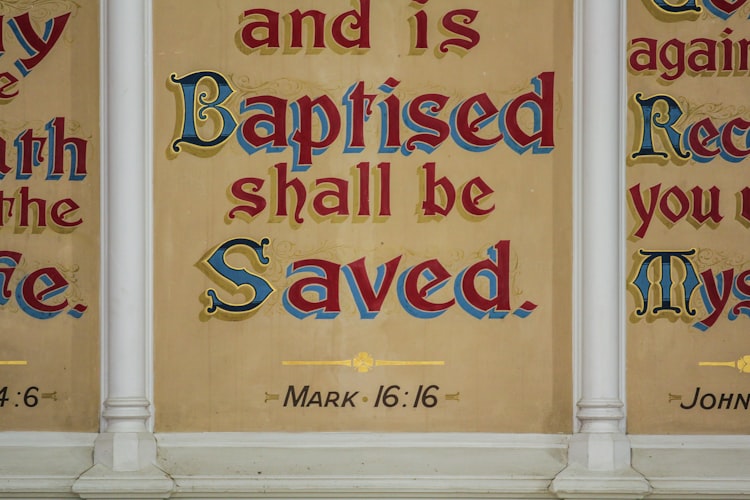Does Genesis Condemn First-Born Daughters?
Genesis 1—4 tells the story of a man and a woman in a relationship who have three sons. These chapters tell us a lot about human nature, family dynamics, how we relate to God, how we relate to creation, and much more. From these stories, we can make theological claims about the way the world is, the way the world used to be, the way the world ought to be, the way the world should never be.
Now imagine someone reading Genesis 1—4 and came to the conclusion that the Bible condemns adoption. "These chapters tell the story of a man and a woman giving birth to children. Therefore any other way of caring for children—adoption, fostering, in vitro—is not allowed in God's world." We would likely see that interpretation as absurd. It stretches the meaning of the text far beyond its original intention.
Or imagine someone read these chapters and said, "The Bible is clear—first-born daughters are against the will of God. Because Cain was born first (and then Abel and then Seth), any family wishing to have children must have three sons before having daughters." You can imagine a whole religious movement around this interpretation, even to the point of allowing countless young girls being harmed in the name of "following the Bible."
But these chapters do not condemn adoption merely because they tell the story of giving birth. They do not condemn the birth of first-born daughters merely because they tell the story of first-born sons. They do not condemn unmarried people merely because it tells the story of a married couple. They do not condemn the birth of triplets merely because it tells the story of individual children being born.
Why, then, would we expect Genesis 1—4 to condemn gay, lesbian, or queer relationships merely because it does not tell the story of a gay, lesbian, or queer relationship? We intuitively understand that Genesis 1—4, while theologically informative, cannot be expected to tell the story of every possible variation of what a family could look like. However, I suspect that some Christians have allowed an anti-LGBTQ culture to misinform how they interpret the Bible, rather than allowing Scripture to confront an anti-LGBTQ culture.



Member discussion